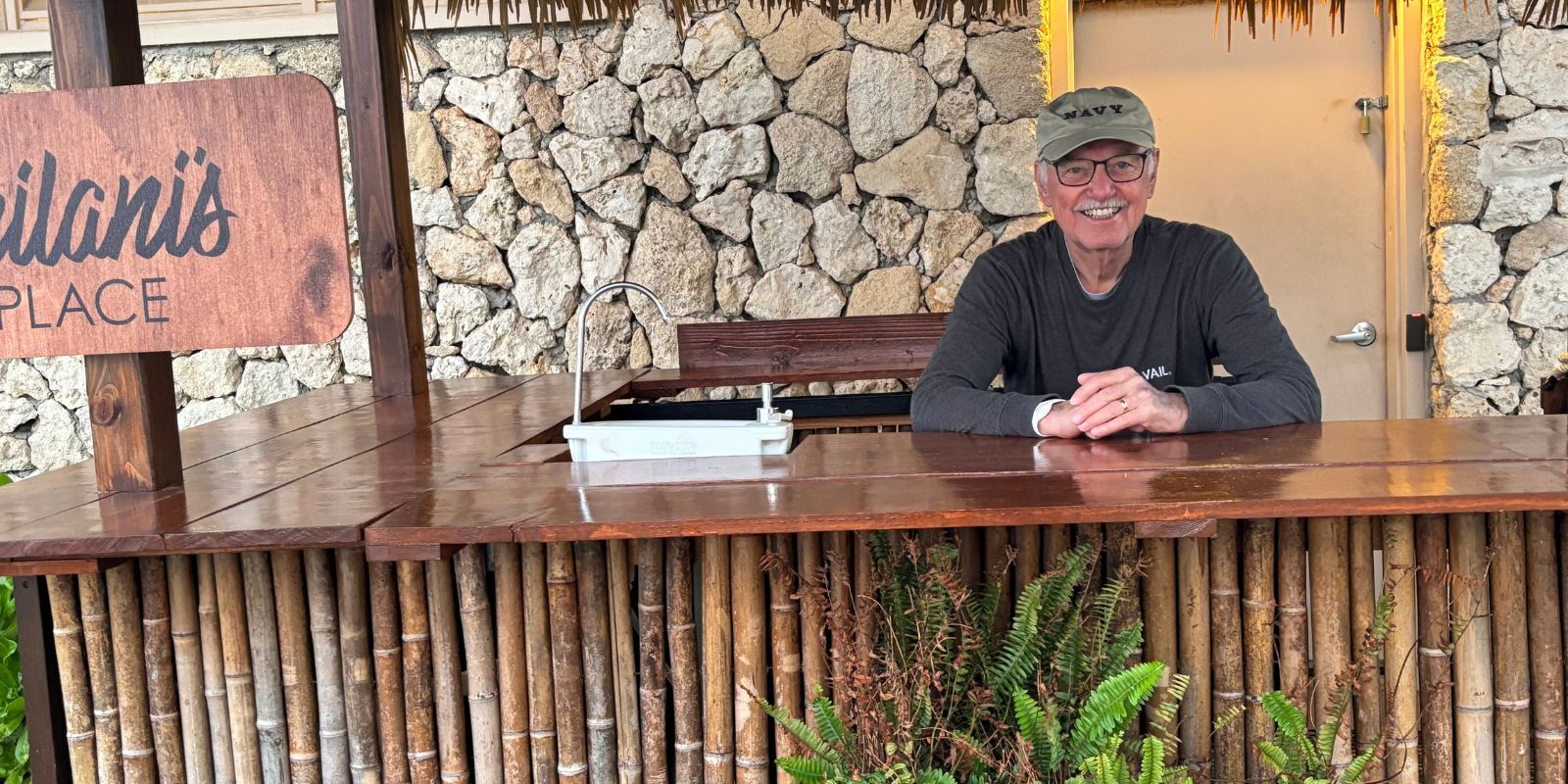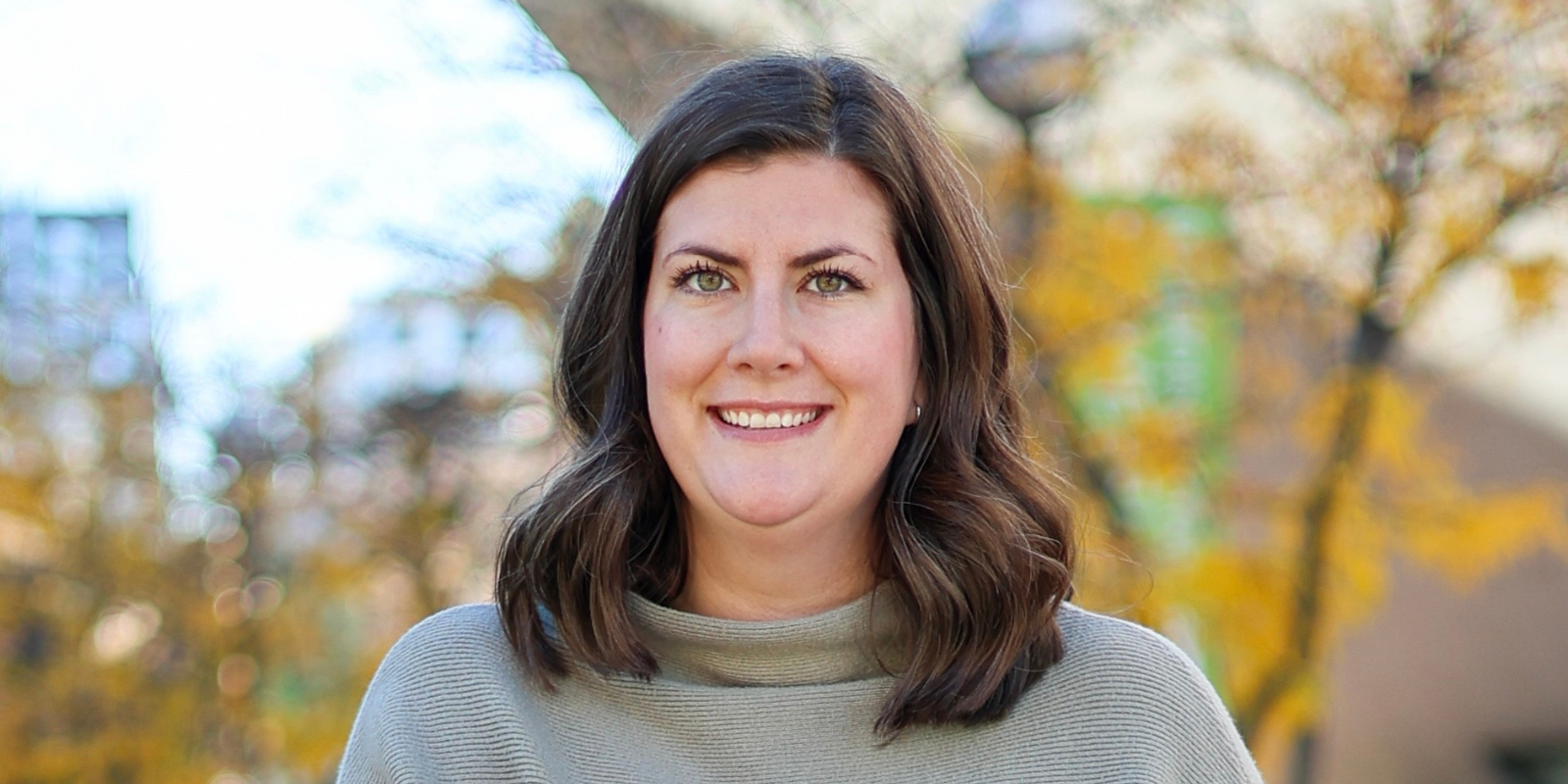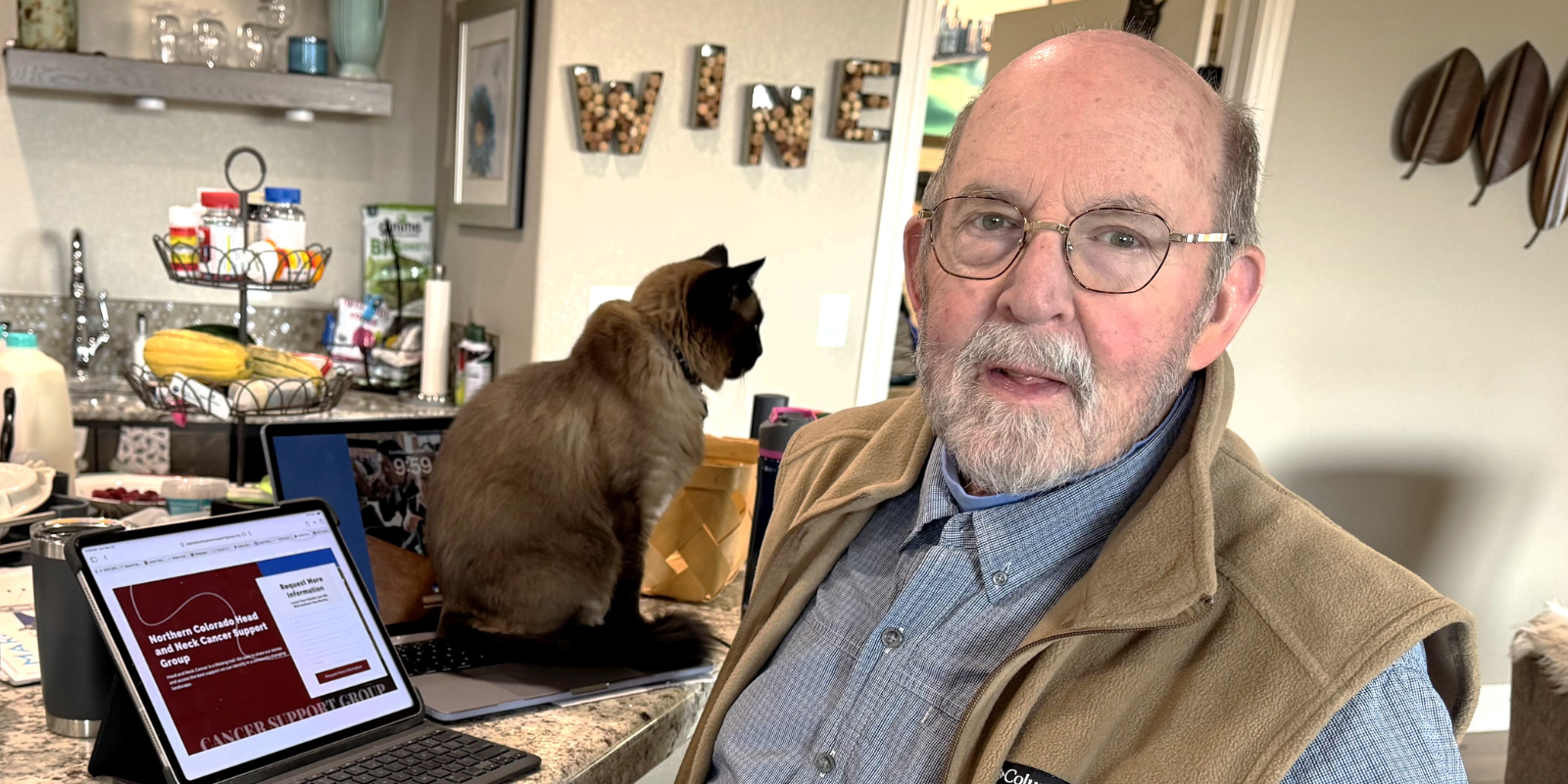“I have good news and bad news,” the ER doctor told me. I had been sent to the ER under the suspicion of a heart attack because of chest pains. “We took an x-ray of your chest. The good news is that your heart is fine. However, we found a large mass in your left lung. You probably have lung cancer. You should see someone about that.” Then he handed me a prescription for a very powerful pain killer. I did not see that as a good omen.
Within a few days I had the PET scan and the biopsy to confirm the diagnosis: non-small cell lung cancer. It had already metastasized to my spine and my ribs (the cause of my chest pains). I was Stage IV from the initial diagnosis.
My first meeting with the community oncologist was not real upbeat. I was warned to stay off the internet because I would only find the dismal survival statistics. The best they could offer was the standard of care chemotherapy, a doublet of a platinum-based chemo drug paired with another drug.
Of course I didn’t stay off the internet. I researched what were the “new and exciting” lung cancer treatments. I learned about gene mutations that could drive the growth of a cancer. Ones such as EGFR and ALK were responsible for some lung cancers. And for these there were already drugs available to treat, a class of drugs called inhibitors.
I also researched what cancer centers and what doctors were the experts in treating lung cancer and were doing research into new treatments. The University of Colorado Cancer Center was often on the top of the list. Additionally, I found that Dr. Ross Camidge was a leader in the research and practice around the overall treatment of lung cancer and specifically the treatment of mutation-driven cancers. And best of all, this was practically in my own backyard, a mere 60 miles from northern Colorado.
It was amazingly easy to get an appointment with Dr. Camidge. He educated me about the mutations that had been identified in NSCLC. And what drugs were available to treat which mutations. Another biopsy was scheduled and a molecular analysis to determine what actionable mutations, if any, I might have.
It was indeed my lucky day (if there is such a thing for someone with lung cancer) when he informed me that I was ALK positive. And there was an inhibitor to treat it. The drug crizotinib had been approved by the FDA just the previous last year. I started on it and my next scan showed great results. I was sent back to my local oncologist. Dr. Camidge said to return when my cancer comes back.
Inhibitors are truly wonder drugs. A few pills each day. And overall less-severe side effects than traditional chemotherapy. But they have a limitation. Almost invariably, resistance to the drug will develop. Minor mutations in the gene driving the cancer disable the drug’s therapeutic power. And the cancer comes back.
After about three years of life as normal, routine scans showed that my cancer was back. I had developed resistance to crizotinib. I returned to UCH and Dr. Camidge. He told me about a new ALK-inhibitor that was then in clinical trials. Brigatinib was successful in overcoming the resistance to crizotinib. He offered me the opportunity to enter the clinical trial.
I had several motivations to enroll in a clinical trial. Most importantly, it would provide access to a drug that potentially control my cancer. It’s also an important way that the practice of medicine can make scientific progress. I had run across many claims for cancer treatments that were based on limited, inaccurate, or anecdotal data. A clinical trial is the standard by how claims of efficacy are judged. The data is collected according to a very precisely defined protocol. The results are presented at professional conferences and published in established medical journals.
The clinical trial also allowed me to work more closely with the doctors, staff, and trial coordinators. I received wonderful support. Appointments were scheduled for me. The drugs were handed to me. I didn’t have to deal with insurance for anything related to the trial. I was responsible for only the standard of care items that I would have had regardless of my trial participation.
And then there’s the economic motivation to participate in a trial. You not only get access to the drug that could save your life, but in most cases the drug is provided by the drug manufacturer at no cost.
Brigatinib controlled my cancer for a year before I showed progression. Next up was the lorlatinib clinical trial. Lorlatinib is a third-generation ALK inhibitor and showed promise of working after brigatinib. I came off brigatinib, signed the paperwork, and a few weeks later started lorlatinib. Many more tests were involved. I had more scans and blood work. I spent a day at the hospital having my heart activity tracked via EKG after I took the dose of lorlatinib. And during each visit I took cognitive tests, computer-based activities to test my reaction time and short term memory.
Lorlatinib worked great for a while. But once again I showed progression, localized in a few lymph nodes. This time, there was no next-generation drug trial to jump to. Instead we opted to use targeted radiation to zap (technical term: ablate) the suspicious lymph nodes. I became familiar with the Radiation Oncology department on the first floor of the Anschutz Cancer Pavilion. A few months later after 10 radiation treatments, my scans were clear. My cancer was under control. I was fortunate to continue on with the clinical study protocol.
I’ve repeated this process two more times. As long as lorlatinib provides overall control of my cancer and the sites of progression are localized, I will continue. My last radiation treatment was January 2019 and my scans have been coming back clear – no sign (yet) of the cancer coming back.
This treatment of using radiotherapy to treat this pattern of progression in ALK patients was pioneered here at UCH.
Over these years, I’ve been fortunate that I had an “easy” cancer. I know that for many, their cancer is anything but easy. But I’ve been able to maintain my life as normal. I continued to work for several years after diagnosis before I took an early retirement offer.
I enjoy my retired life. My wife and I travel. I travel into the mountains often. And after a hiatus of about 50 years, I’ve started camping again. It’s been great to head off to the mountains with one of my son. And this last summer, my wife has started to join me on my camping trips.
Joe Schneider, Lung Cancer Survivor



